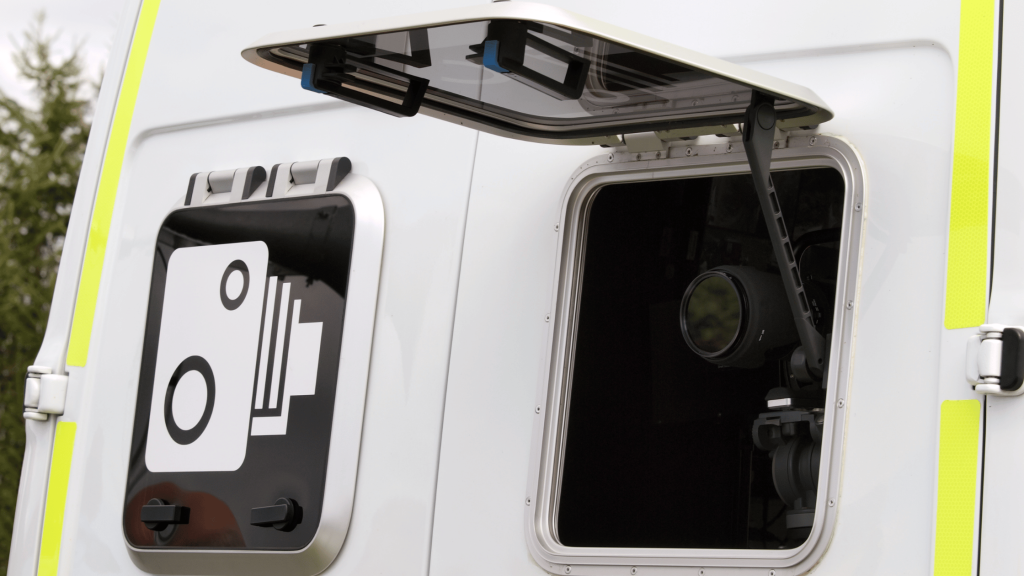Speeding is a serious issue on Northern Ireland’s roads, and the Police Service of Northern Ireland (PSNI) is committed to enforcing road traffic laws to improve safety for everyone. If you have recently been caught speeding, you might be wondering what your options are and what the consequences could be. Understanding the legal process is crucial, and McPartland & Sons Solicitors are here to help.
The PSNI’s Focus on Motoring Offences
The PSNI has been actively working to reduce dangerous driving behaviour, and recent statistics highlight the scale of their efforts. In the 12 months from 1st March 2024 to 28th February 2025, there were 33,607 detections for motoring offences in Northern Ireland. A staggering 97% of these were dealt with by a fixed penalty notice or referral for prosecution.
While this is a significant number, the data also shows a positive trend: total detections decreased by 19% compared to the previous year. This indicates that while enforcement remains a priority, there has been an overall reduction in offences like insurance, speeding, and careless driving.
Speeding offences remain a major concern. At 4,530, speeding was the second-largest offence group, only behind insurance offences (5,401), with these two categories accounting for just under one-third of all detections. The police are targeting speeding as a key area of enforcement. One of the more alarming statistics from the PSNI report was the highest speed detected, at 132mph on the A8 Belfast Road, Larne.
Statistics taken from ‘Motoring Offence Statistics for Northern Ireland’ report published by the PSNI.
What to Do If You Are Caught Speeding
If you are detected speeding by a police officer or a speed camera, you will typically receive a Notice of Intended Prosecution within 14 days. This notice will give you three options:
- Accept a Fixed Penalty Notice: For minor speeding offences, you may be offered a fixed penalty notice, which usually involves 3 penalty points and a fine. If you accept this, you pay the fine and accept the points, and the matter is concluded without going to court.
- Attend a Speed Awareness Course: For certain less severe speeding offences, you may be offered the option to attend a Speed Awareness Course as an alternative to receiving penalty points and a fine. This is often a more favourable outcome as it prevents points from being added to your licence. It’s important to note that only 3% of motoring offences in the latest PSNI statistics resulted in a driver completing a course, indicating this option is not available to everyone.
- Contest the Offence: If you believe you were not speeding or the detection was incorrect, you can choose to contest the offence in court. This is a complex process and should not be undertaken without professional legal advice.
The decision you make at this stage is critical and can have long-term consequences for your driving record and insurance premiums.
The Importance of Legal Advice
Receiving a speeding ticket can be stressful, especially if it means accumulating penalty points that could lead to a driving ban or even losing your licence if you are a new driver. It’s essential to understand all your rights and options. An experienced solicitor can help you assess your case, advise you on the best course of action, and, if necessary, represent you in court.
At McPartland & Sons Solicitors, we have a deep understanding of road traffic law in Northern Ireland. We can provide clear, straightforward advice on your situation, helping you to navigate the legal process and work towards the best possible outcome.
Don’t leave your driving licence to chance. If you have been caught speeding and are unsure of what to do next, contact us for expert legal advice.

